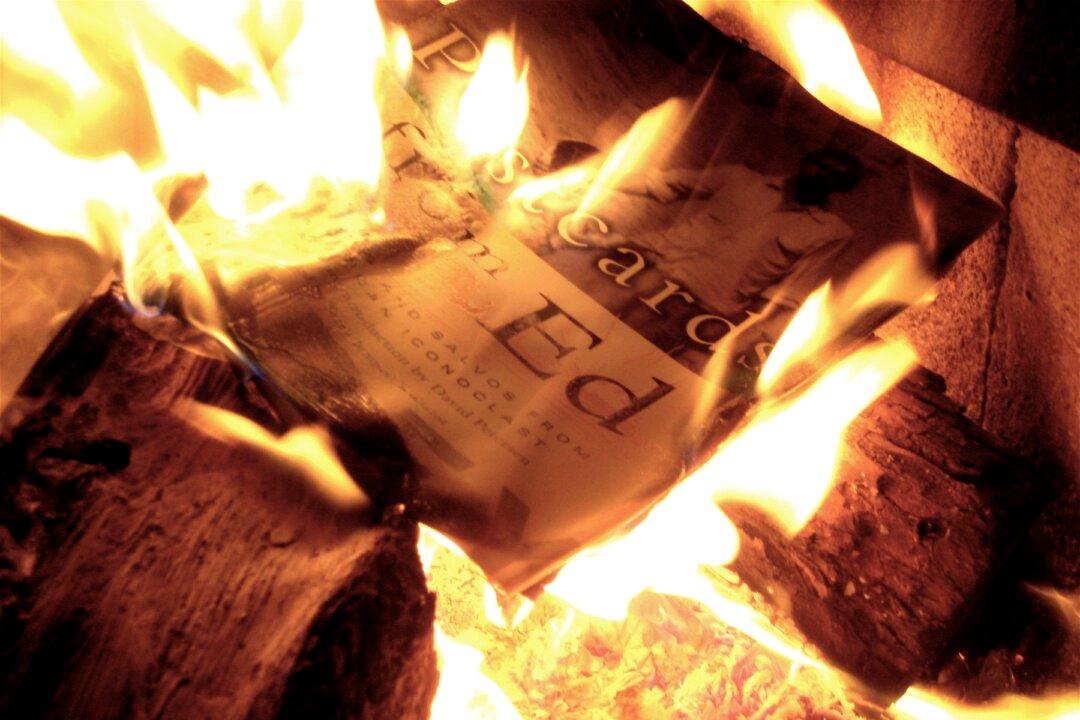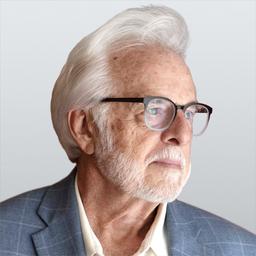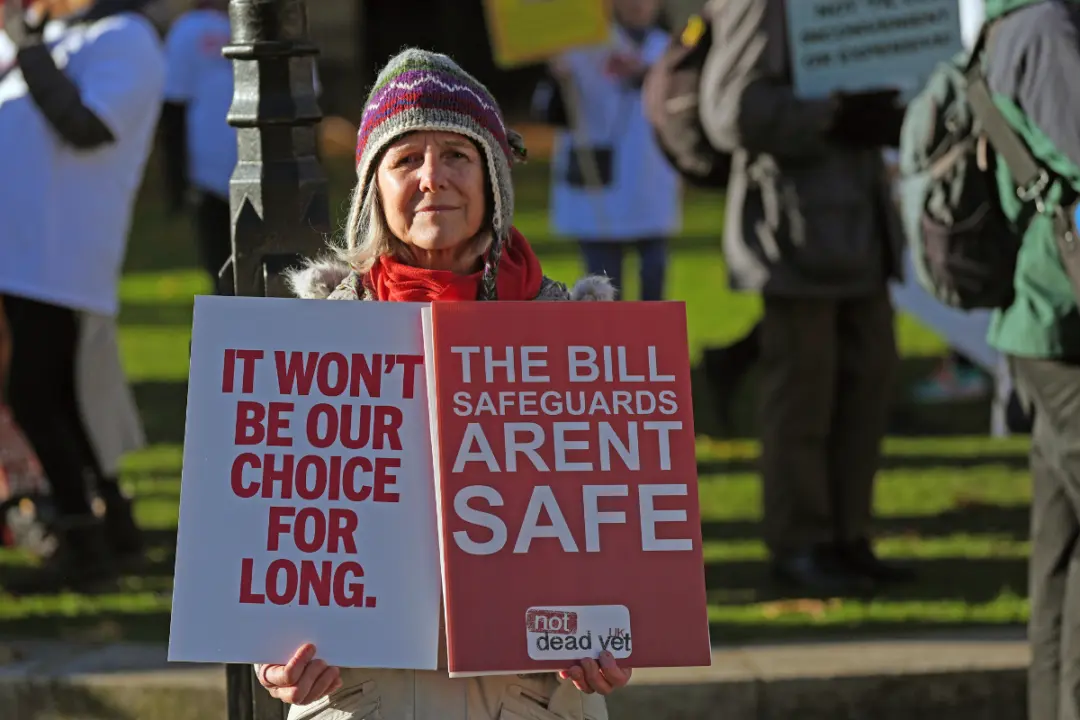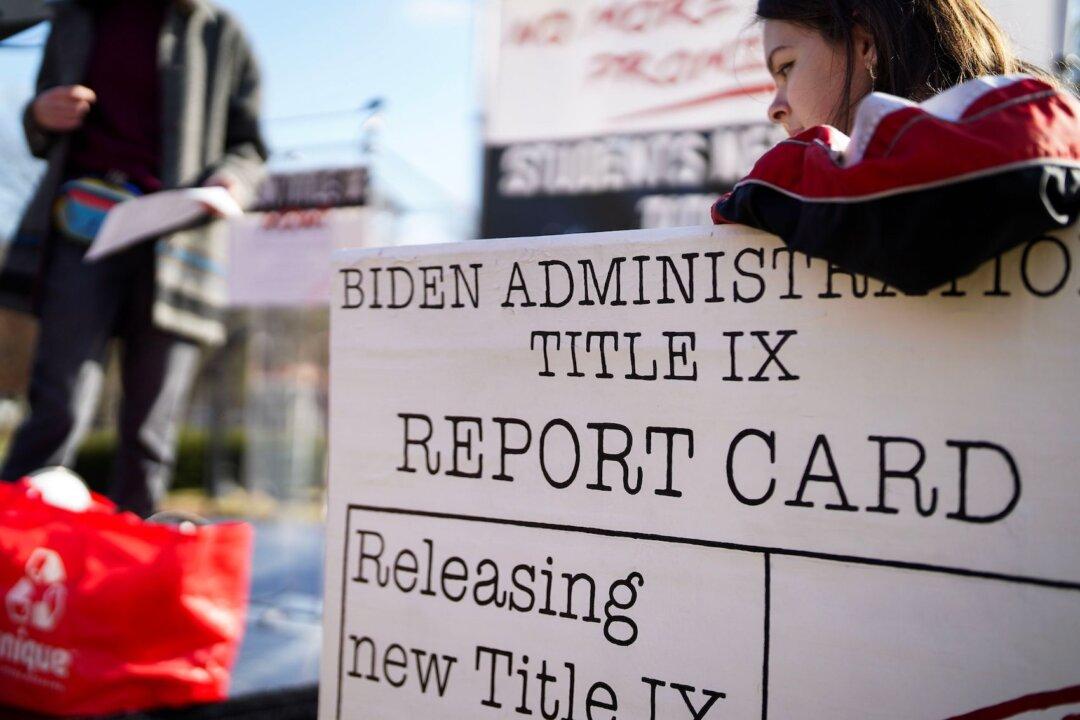Commentary
Book burning has always been a crucial ingredient of totalitarianism. In the 1930s, the German Student Union infamously made bonfires from books considered antithetical to National Socialism. Similarly, the zealots who executed Mao Zedong’s Cultural Revolution destroyed books opposed to the diktats of Chinese communism.





